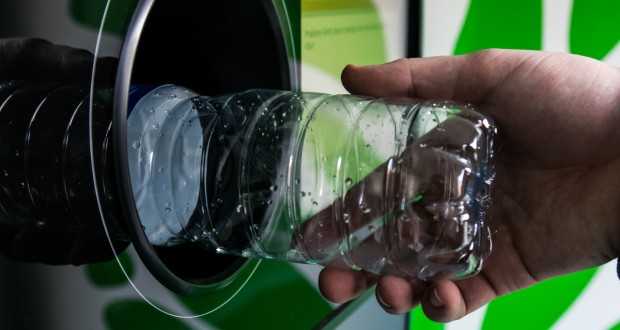The evidence that financial pressure is easing revealed growth in disposable income for all UK regions except the south-west of England.
Disposable income for the average family in Northern Ireland increased by £5 a week to £10 in the quarter, while families in Wales and the West Midlands saw a year-on-year increase in their disposable income from £169 to £179 and £173 to £174 a week respectively.
The research suggested the increases were driven by a robust job market and growth in earnings throughout the quarter, which is predicted to outstrip inflation in the near future.
Across the UK, the amount households had available to spend on themselves, after paying taxes and essential bills, grew by 5.2% during the three-month period to an average of £221 a week, compared with £208 during the previous three months.
Despite the improvements, the gap between London and the rest of the country remains notable. The average household in the capital saw household disposable income increase by 7.3% to £292 per week.
There is also a significant difference between high- and low-earning households, with 40% of all UK households having negative disposable income in September, meaning the value of their post-tax income is less than they need to spend on bills and essentials.
Asda’s tracker is independently compiled by the CEBR (the Centre for Economics & Business Research).
 Talking Retail Grocery and product news for independent retailers
Talking Retail Grocery and product news for independent retailers






